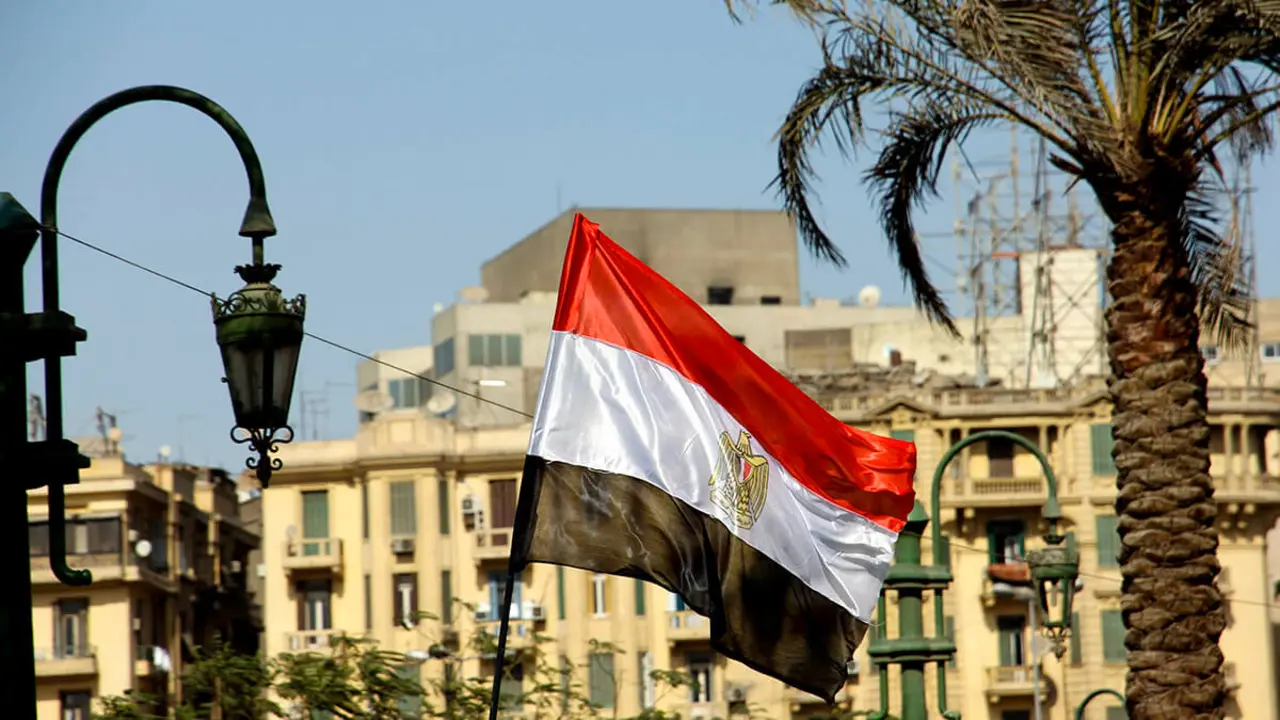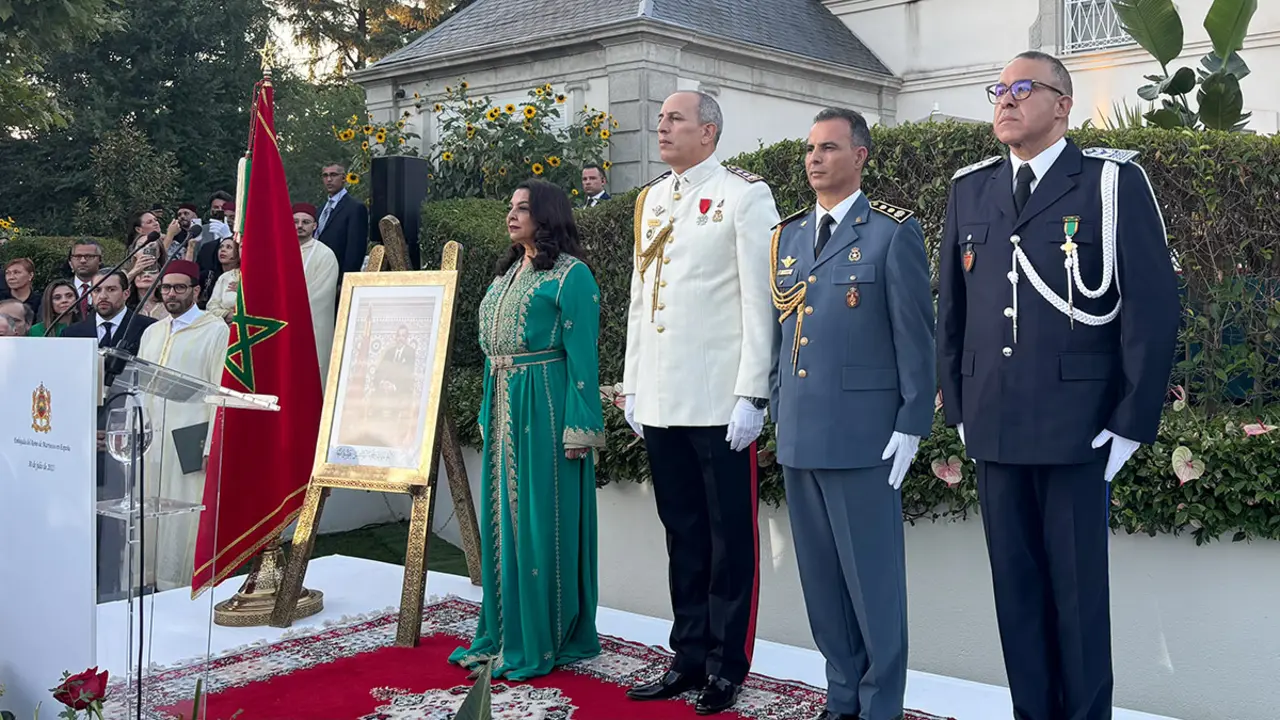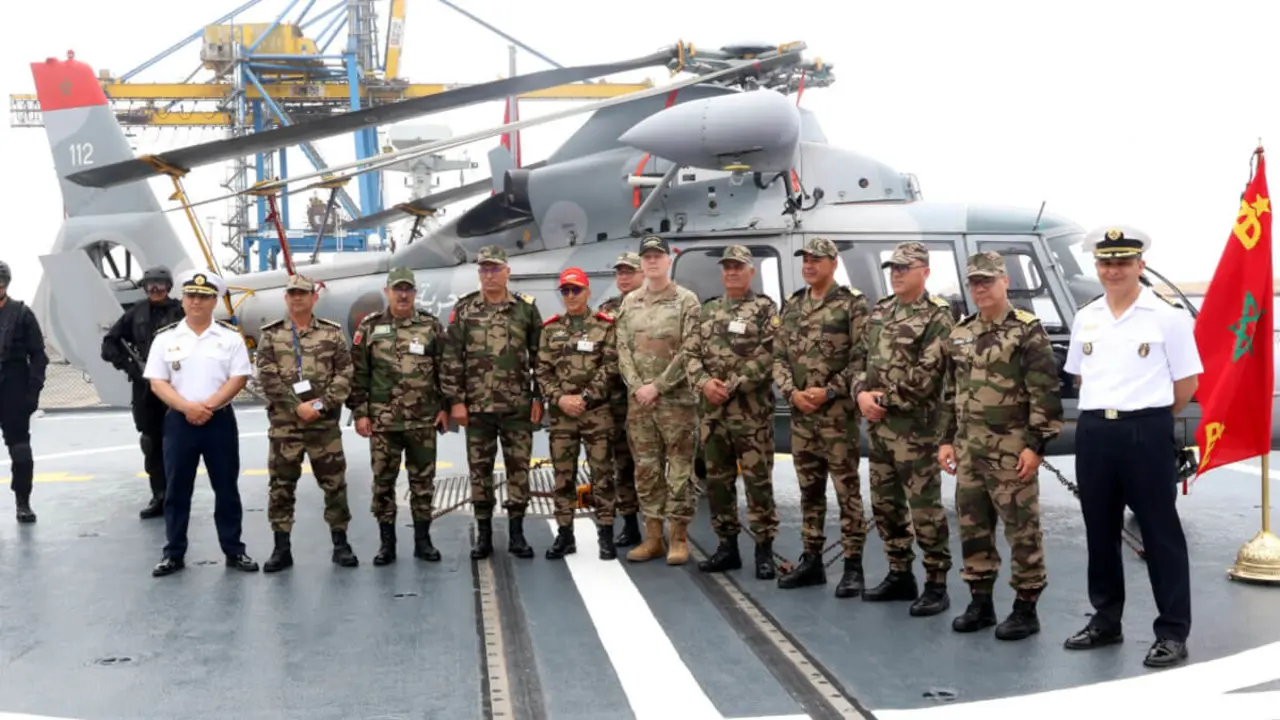New Taliban-Turkmen clash unsettles regional security

Afghanistan continues to be plunged into a spiral of violence and chaos. In a latest episode of violence, Taliban and Turkmenistan border forces have clashed after the insurgents investigated the alleged death of an Afghan at the hands of Turkmen.
This new clash took place in the northern province of Jozjan on the border with Turkmenistan. According to the head of the Jozjan police, Malavi Sarajulding, who told EFE that they had gone to investigate the death of a civilian when the country's border guards began "firing from the side of the border", which led to "an exchange of fire". The spokesman noted that "no Afghan security personnel were injured", despite the clash. However, other sources say that at least four Turkmen have been killed, but the total number of casualties has not yet been confirmed.

These new clashes between Afghanistan and Turkmenistan further aggravate the security situation in the Asian region. It is in this region that Afghanistan's relations with its neighbours have been both tense and strained. In the case of neighbouring Pakistan, the country's role in strengthening the Taliban is very relevant.
In this regard, its main intelligence agency, the ISI, has been able to finance the insurgents' operations and provide support both in the planning of attacks and in the military arsenal. The continued strong support of the ISI is in the interest of the insurgents in trying to limit the power of the Pashtuns, and Pakistan has a history of Taliban presence.

Among these is the Pakistani Taliban Movement, an international terrorist organisation founded by Baitullah Mehsud, which has an ongoing relationship with the Afghan Taliban. Moreover, the rise of the insurgents occurred in both Afghanistan and Pakistan, in schools known as madrassas. These ethnic Pashtun 'students', who are followers of Sunniism, were supported from the outset by the ISI.
Supported by Intelligence, the Taliban began to launch a series of violent offensives that would try to put an end to the different religions and ethnicities in both countries in order to homogenise the population into a single Emirate. These first attacks were waged after the departure of the Soviet presence on the ground, which produced a situation of chaos and crisis that left several power vacuums.

The insurgents' idea of homogenisation, characterised by the idea of unifying the country both culturally and religiously through imposition, was a direct threat to peaceful coexistence. Today, relations between Afghanistan and Pakistan are complex, with multiple scenarios that remain open and without short-term solutions.
In this regard, Pakistan does not have a good relationship with some Afghan groups, which makes them see support for the Taliban as the best option, although this is also detrimental to Pakistan itself.

On the other hand, relations with Iran, which borders eastern Afghanistan, have had different ideological disagreements with the Taliban. So much so that in the 1990s the Persian country tried to create an alliance with the United States to curb their power.
However, Iran's stance with the US has now changed radically. This has meant that Iran has supported both the Afghan government and the Taliban themselves in their attempts to divide Afghanistan. Its improved rapprochement with Qatar has also helped strengthen relations with the insurgents.

China has also sought to maintain cordial relations with the Taliban as part of its strategy of trying to gain influence and expand into the West in order to position itself vis-à-vis India or the US. In this vein, India has been reluctant to engage in diplomatic relations with the insurgents, although they have recently begun a rapprochement, under the Qatari umbrella.
Since the fall of Kabul, the Afghan population has been trying to flee the country, seeking a future away from violence. In addition, the Taliban's seizure of power has led to increased violence and the strengthening of terrorist groups in the region, highlighting their insecurity.








